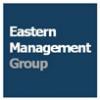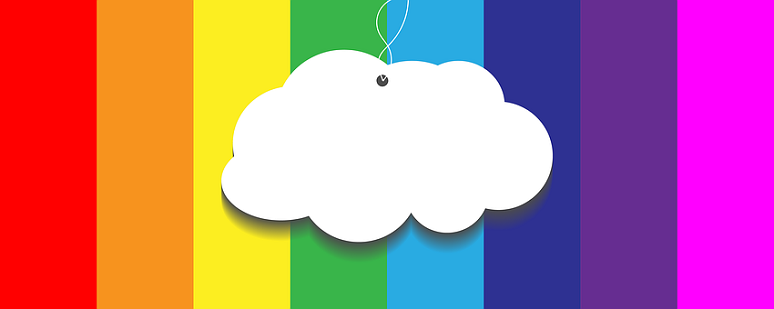A new study from the Eastern Management Group shows hosted PBX prices increased in 2018 by four percent. It is a smaller increase -- by almost two percent -- than we found for 2017 price changes in comparison to a 2016 baseline.
Eastern Management Group’s pricing research reflects data from multiple hosted PBX companies and our pricing models. The information is in a new Eastern Management Group report, “Worldwide Hosted PBX Market 2018-2024 Fourth Quarter.”
For much of the 2010s, prices increased an average of two percent annually. Then everything changed. While premises PBX prices fell, cloud prices rose, as they continue to do. According to our analysts, providers clearly are testing new pricing strategies. What we’re observing is that companies jigger UCaaS prices about three times yearly, both up and down -- sometimes quarterly -- to see what works. However, the trend for cloud prices is always up.
Fear, uncertainty, and doubt don’t permeate the hosted PBX industry today. Maybe there was a time when legions of new hosted PBX startups were an alarming event. Or a time when $10 per month seat prices had the same effect. That’s not the case now. Hosted PBX is proving itself not to be a commodity market.
Hosted PBX is 18% of the overall PBX industry. Our price elasticity research is showing that price increases a few times each year are easily absorbed. And whereas two percent annual price jumps were standard operating procedure a couple of years ago, today they’re double that number. Therefore, large competitors are revisiting their price elasticity models.
Here’s an example of today’s prices taken from our models. We priced a 24-user hosted PBX based on data from a leading provider. The cloud system had a realistic complement of basic, UC, and contact center features for employees in different departments. The price came to $1,590 monthly recurring revenue, which is $66 per seat.
From where do the numbers come? Price studies are one of Eastern Management Group’s most prominent businesses. We have established configurations that we use to calculate prices, so we’re not influenced by ads on the Web or vendors’ bundled offers.
Who sets the market price is an academic principle. There’s empirical evidence that the market leader sets the price. That’s why it’s not surprising that hosted PBX companies generating the most sales aren’t -- and shouldn’t be -- the cheapest. Two decades ago, premises PBX market leaders learned a hard lesson on which company should set prices. The premises PBX market has yet to stabilize and regain its footing.
How Enterprises Benefit from Higher Prices
Many hosted PBX providers are doing well financially. RingCentral, a cloud leader, recently reported 2018 year-end financials. Research and development amounted to 15% of revenue. After a level of technology reinvestment this good, customers are sure to see a benefit in platforms, operations, and new services. Heavy R&D investment is working since our customer satisfaction research report on RingCentral shows the company is a leader -- according to RingCentral customers -- in many of the nine customer satisfaction measurements that we track.
I have confidence that higher hosted PBX prices are resulting in a stronger and healthier cloud industry. It’s already $4.6 billion in revenue and moving higher by the day.
For more information about Eastern Management Group reports, either "Worldwide Hosted PBX Market 2018-2014" or "2018 Premises and Hosted PBX Customer Satisfaction," please ask our researchers or contact John Malone directly at [email protected].










